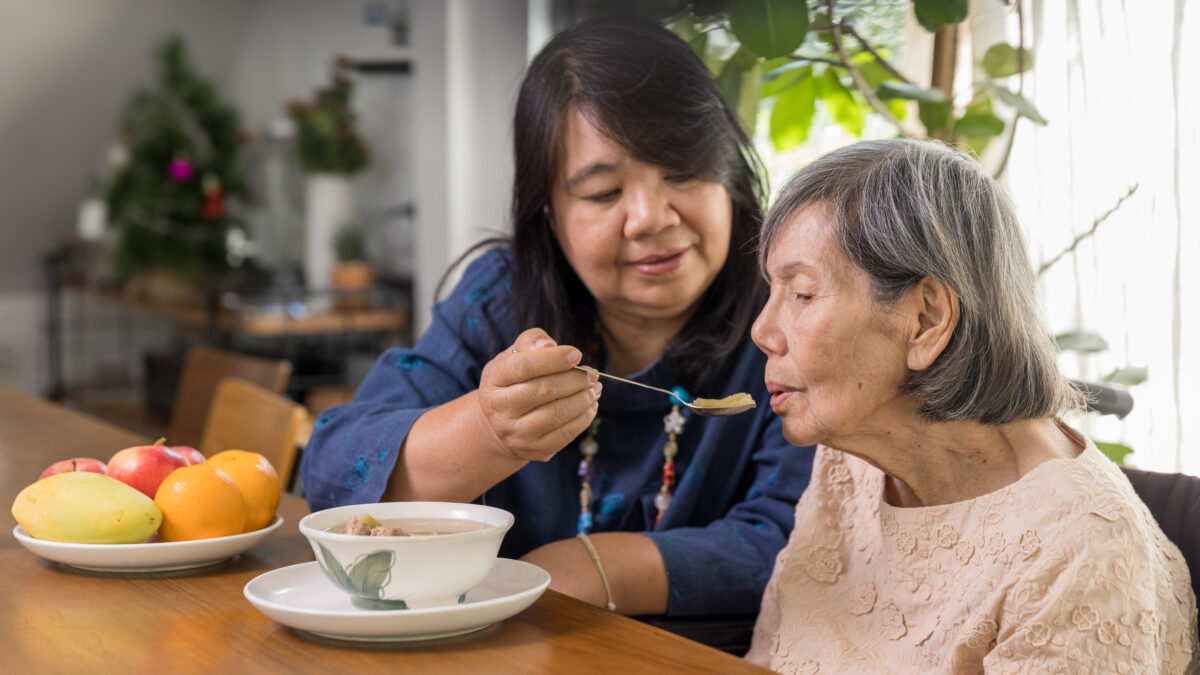Some people who receive a life-changing medical diagnosis are fortunate enough to have a loved one to care for them at home. This November, National Family Caregivers Month honors those dedicated women and men across the country.
A Serious Diagnosis Changes the Lives of Loved Ones
Non-clinical caregivers play a particular important role for the millions of patients with movement disorders like Parkinson’s disease.
As symptoms worsen, most patients need help completing daily tasks, getting to and from medical appointments, complying with treatment schedules, managing medication and navigating a complex health care system. Meanwhile, the everyday tasks of cooking, cleaning, running errands and even personal hygiene may eventually require support. People with family care support often can stay independent and in their homes for longer than those who live alone.
Over time, responsibilities for legal and financial decisions may also need to be transferred to a caring spouse or child. And many caregivers find themselves being a patient’s advocate for necessary accommodations or to ensure continuity of clinical care.
As spouses, siblings or adult children face increased responsibilities, they may also struggle with the loss of support and help from their loved one, who now faces symptoms such as serious muscle weakness or trouble with mobility.
Caregiving Can be Isolating
Loved ones who take on caregiving duties face serious strain on their time and finances. They also shoulder a separate, but significant, emotional strain. Meanwhile, patients who perceive themselves to be a burden on family may also need psychological support around these fears, transitions and the loss of independence.
Caring for a loved one at home can be profoundly difficult and often isolating. Caregivers are encouraged, this month especially, to seek out community and care for their own needs.
Many organizations offer caregiver resources and online courses to help family members and friends of those who’ve received a diagnosis. The Parkinson’s Foundation offers a helpline and referrals to a variety of support services, both online and in local communities. Another organization, the Caregiver Action Network, provides an online toolbox of resources for family caregivers.
Helping the Helpers is Good Public Policy
Caregivers often have additional obligations – caring for small children, fulfilling the needs of a demanding career – so the potential for burnout is high.
Households should have proactive conversations about strategies to meet caregivers’ needs. Acknowledging the challenges in their situation and looking for solutions can help caregivers thrive themselves, while also providing care for their loved one. On a broader scale, government support for family caregivers could make a big impact in the lives of patients and the health of communities.
Join the conversation about caregiving online this month using #NationalFamilyCaregiversMonth.
